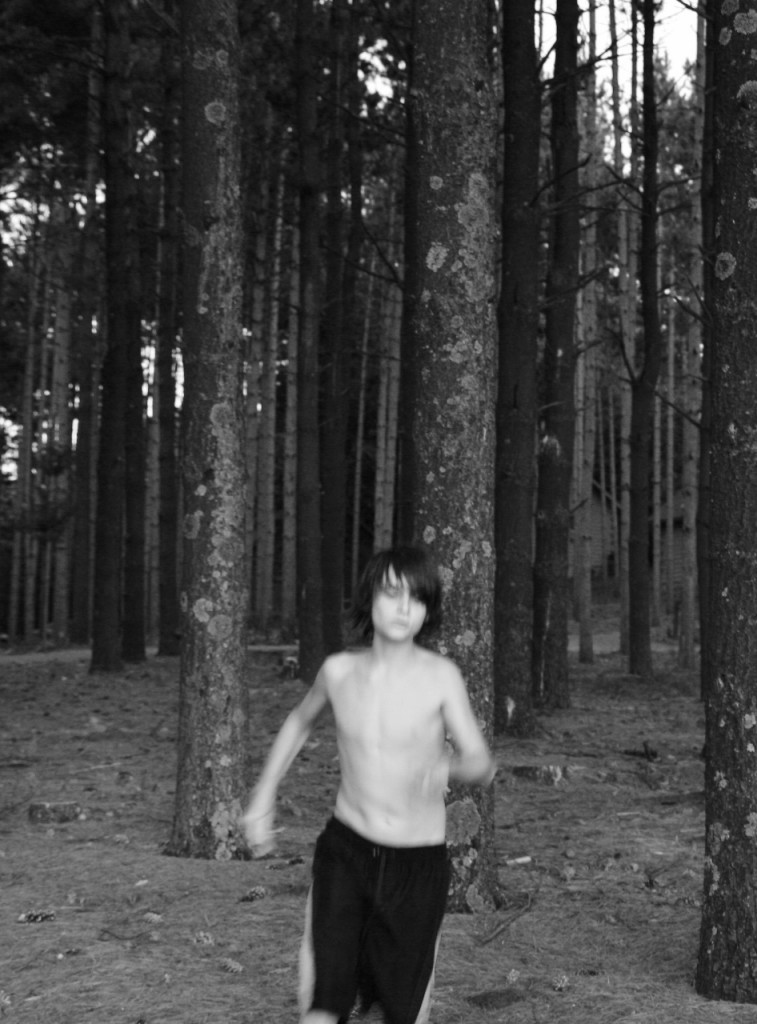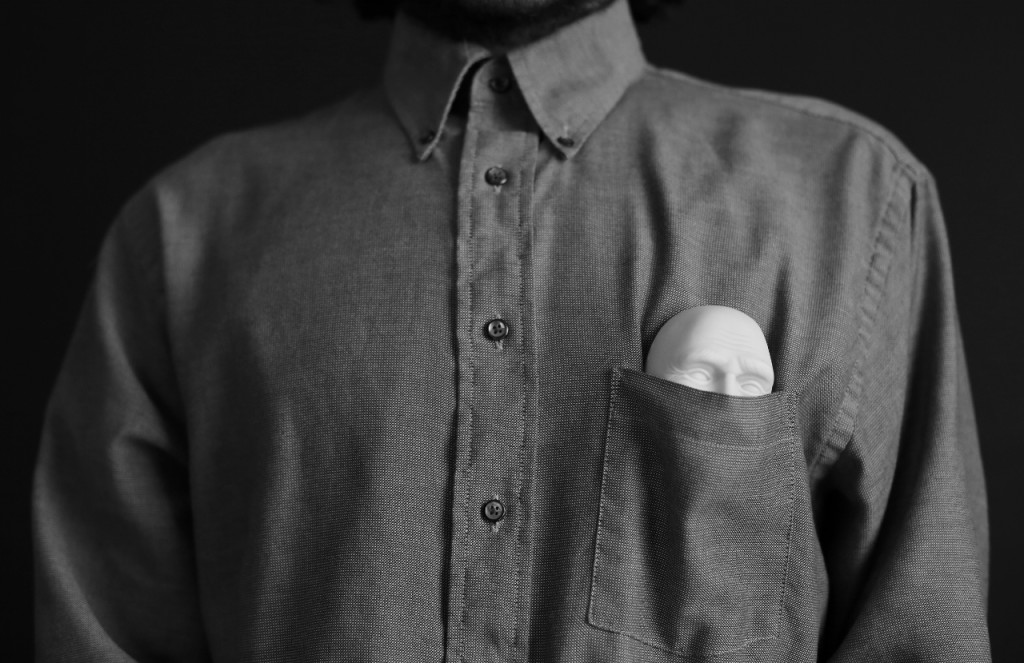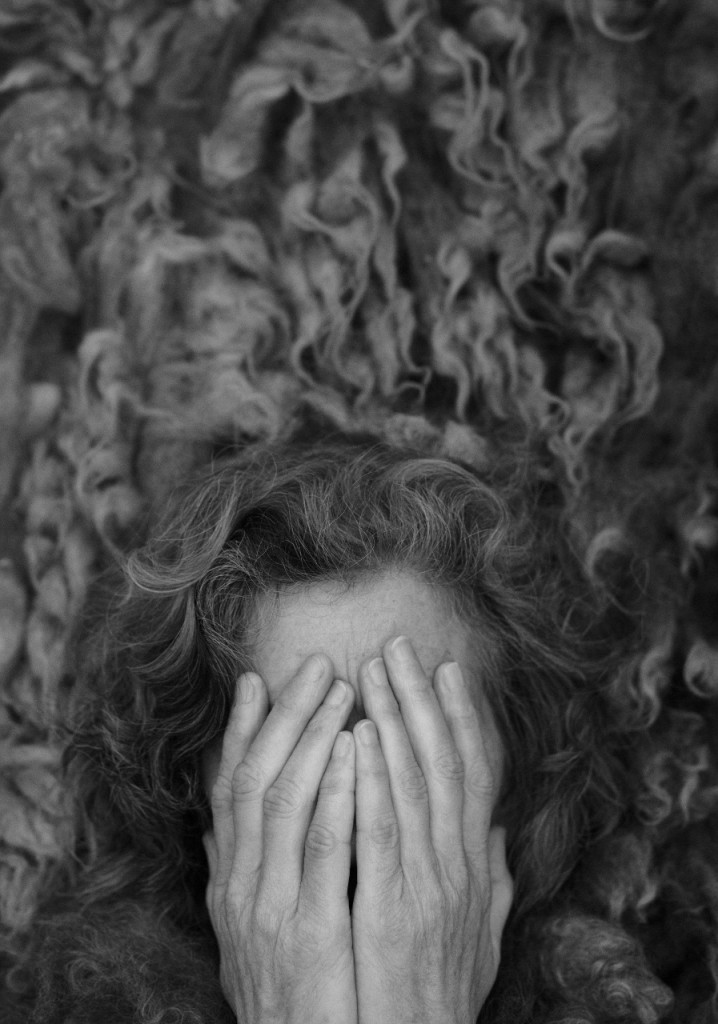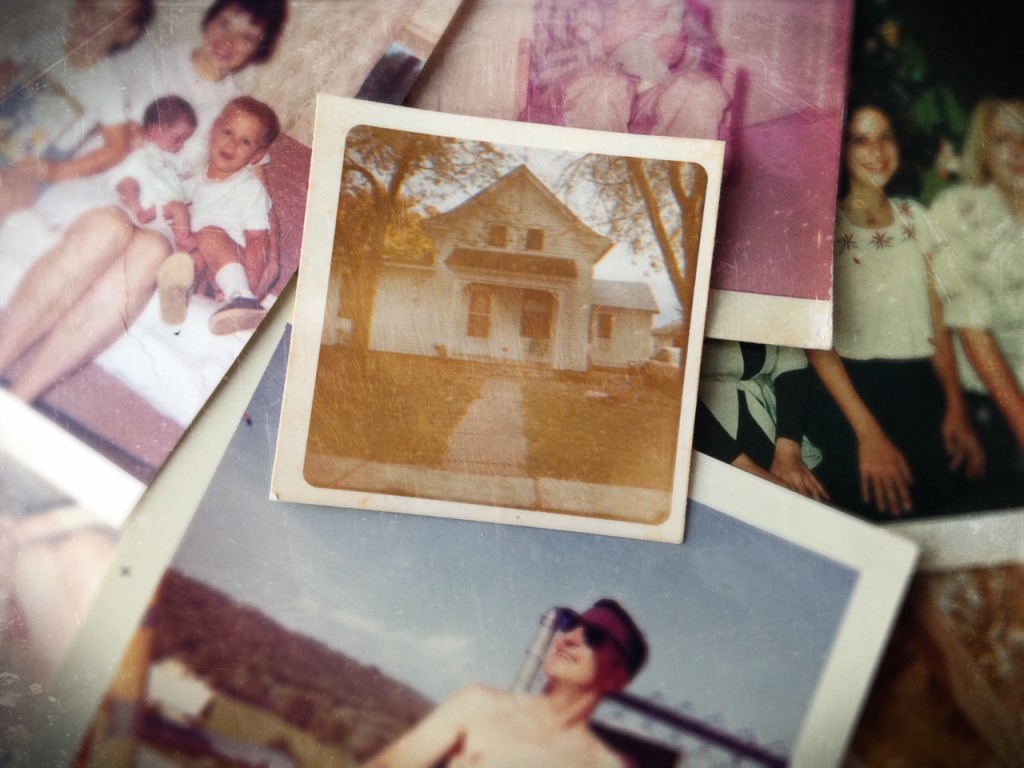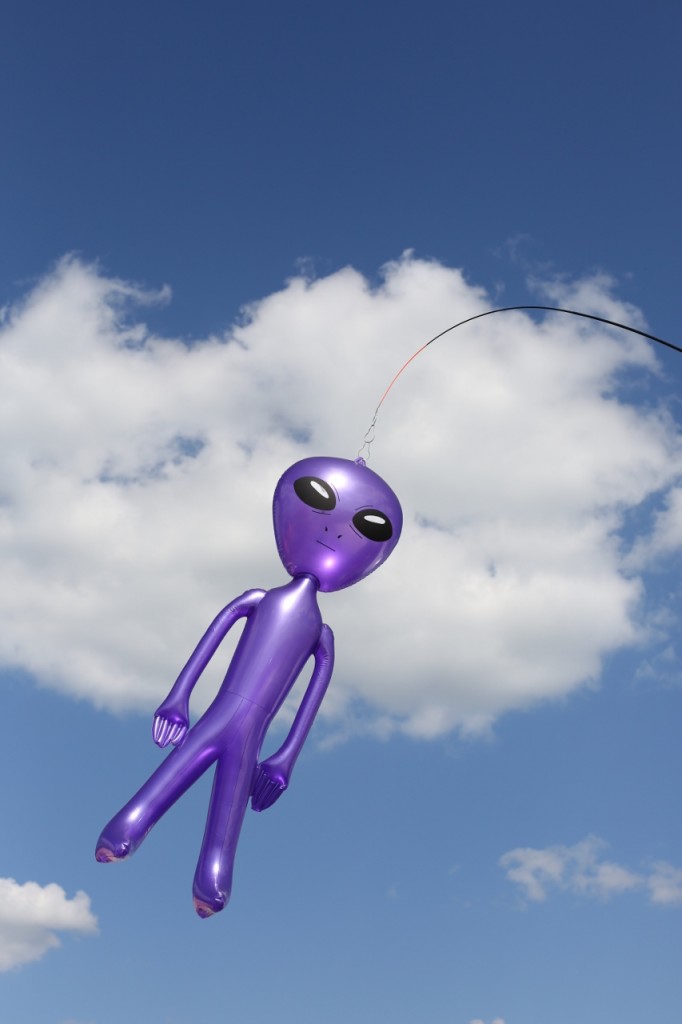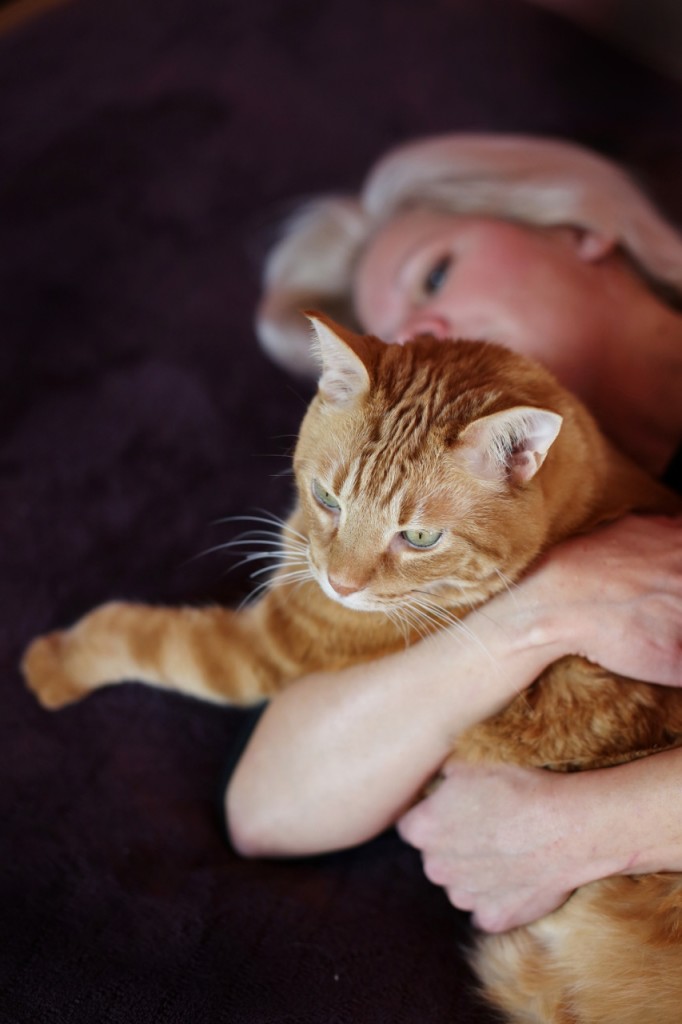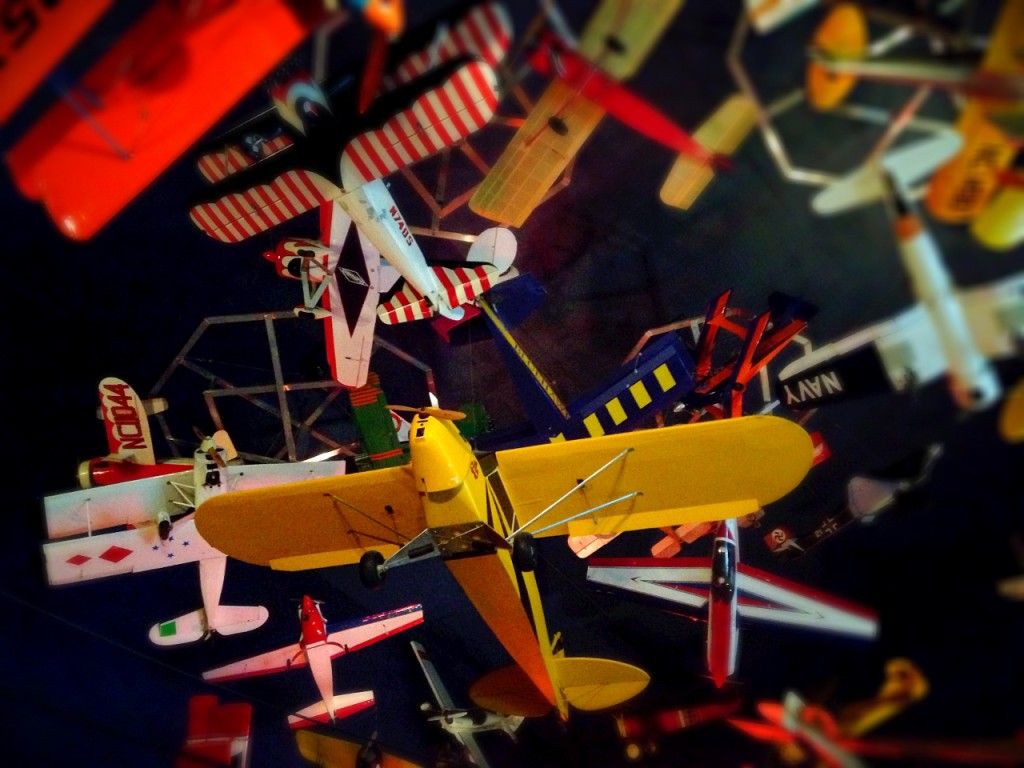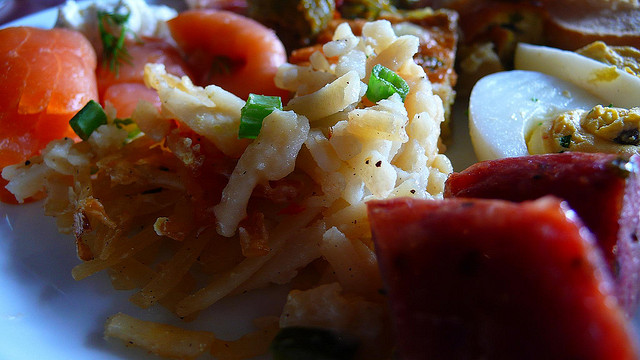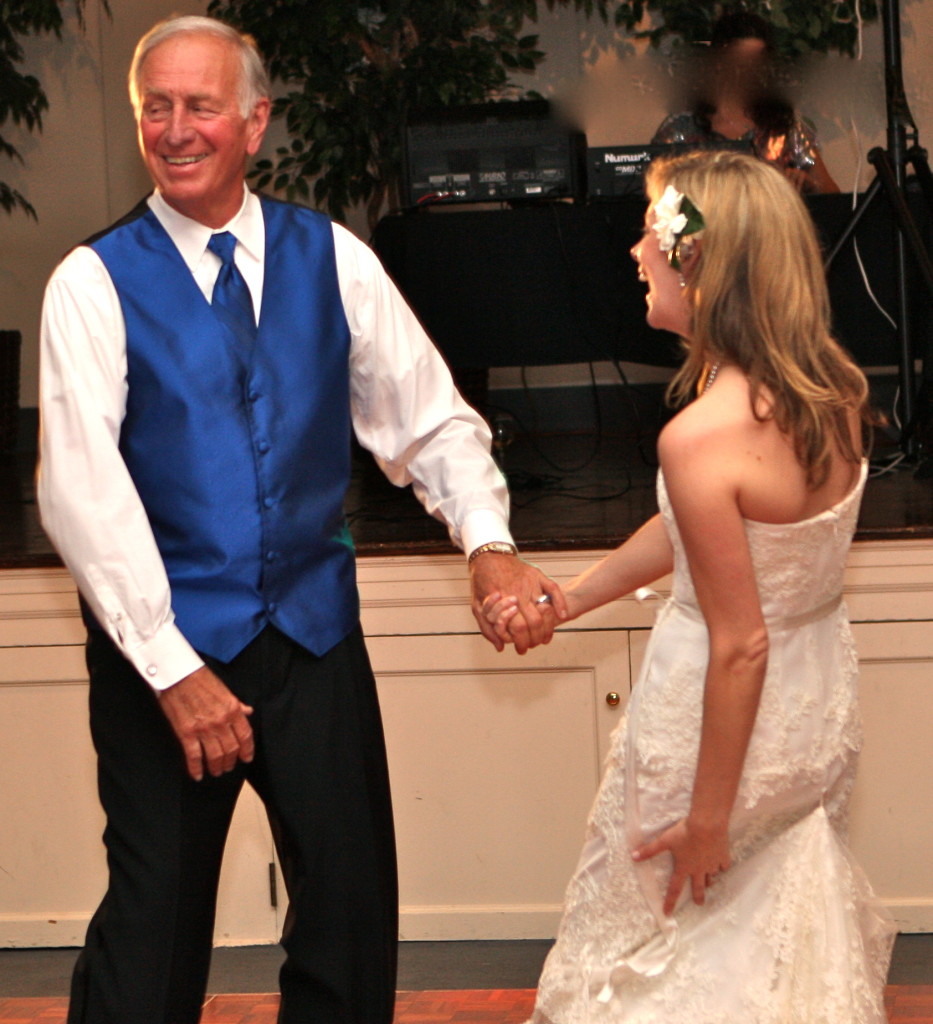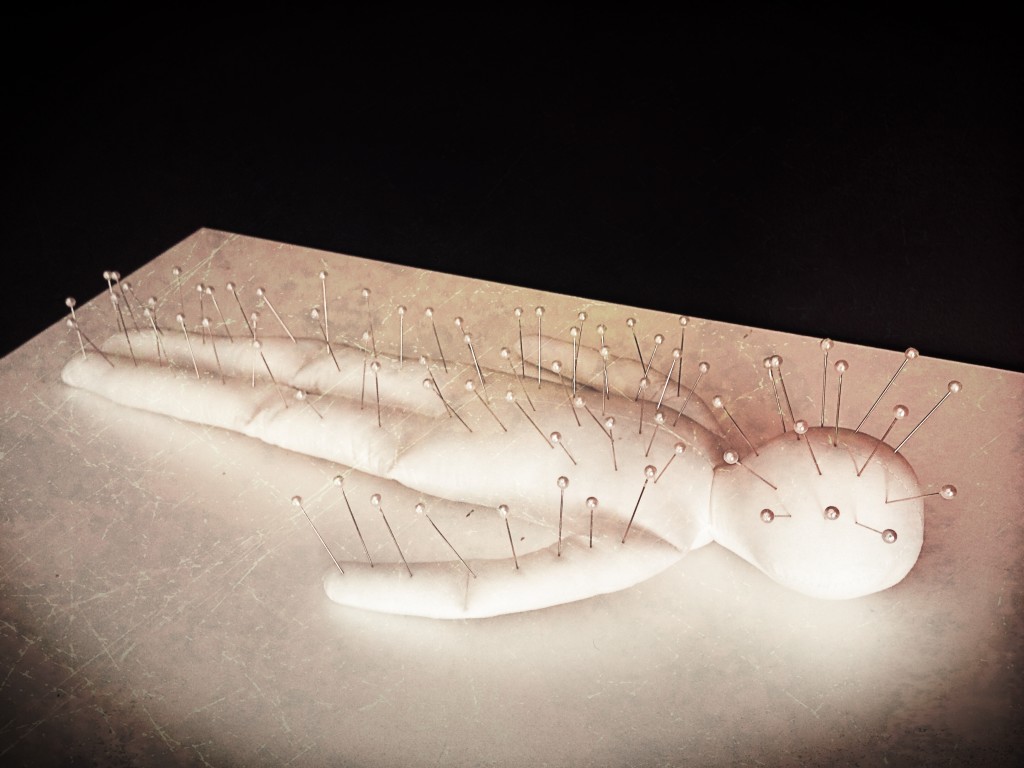
By Joelle Renstrom
I was never into Barbies. Instead, I was a sucker for chubby-cheeked, troll-eyed Cabbage Patch Kids. I named my first one Cindy, and my second one Linda. When the “official” birth certificate arrived in the mail addressed to Linda Renstrom (the names of the person—and the doll—have been changed), my mom unleashed holy fury in the kitchen, ranting about the mailman’s audacity to deliver Linda’s mail to our house. That’s when I learned about my dad’s ex-wife.
Despite the court’s decree that she reassume her maiden name after the divorce, Linda kept my dad’s last name for professional reasons, even after she remarried a few years later. I’ve always wondered what her second husband thought about that. It wasn’t a big deal that my dad had an ex-wife (my mom also had an ex-husband), especially given that one of the reasons they split was because she didn’t want kids. Linda introduced herself to me at a fundraiser when I was about ten and over the years I bumped into her here and there. She was friendly and I admit it—I liked her.
In 2006, my dad was diagnosed with cancer. Linda visited him once while he was ill and jokingly asked if he would finally consider retirement. Dad said he’d keep working until my younger sister was through college, continuing to build his retirement fund for his kids and his grandkids. In retrospect, this friendly visit seems ominous. But if there’s one thing I’ve learned it’s that I can’t read minds, and probably don’t want to.
A few months later, Linda came to my dad’s memorial service and sat right behind the rest of us, offering words of condolence and pats on the back. She struck up an unlikely, but uniquely comforting friendship with my mom. Linda was the only other person who had loved my dad the way my mom did and made my mom feel less alone as she adjusted to the reality of life without Dad.
Meanwhile, my mom also struggled with the logistical aspects of my dad’s death—namely, his retirement account. The account representatives were strangely cagey with her, and eventually told her that while she was the owner of his account, she wasn’t the beneficiary—a distinction that still baffles me. My mom grew increasingly distressed, and Linda acted as a sounding board, disgusted and empathetic.
Just before the New Year, almost four months after Dad’s death, Linda called to tell Mom the “good news”—she was the account beneficiary and would consider sharing.
I didn’t think we had room for this kind of fiery rage, but there it was, tangling with the sadness, twin tornadoes upending everything we thought we knew. When depression came down heavy and smothering, anger functioned like a combustion engine. My brother and I pulled ourselves from naps or afternoons spent on the couch hiding inside of television shows in order to chop wood in the backyard, splitting the remains of a diseased tree my parents had taken down months earlier. Working with the ax made my shoulder blades ache in a way that offered some small distraction from the other, bigger pain, and vented some of my anger. Chopping wood was the only way I felt I could shape things.
For my mom, it wasn’t so simple. On top of managing grief and the ensuing legal battle, she also stung from Linda’s betrayal and from the loss of a friend. We learned that Linda had been aware of her beneficiary status for some time and had cozied up to my mom to harvest information and increase her chances of netting the most cash possible. I didn’t think things like this happened in real life; then again, I didn’t think colon cancer killed otherwise healthy sixty-three-year-old dads, either.
None of us understood how Mom’s beneficiary status could be in question. The financial services company had records of his divorce from Linda and his thirty-year marriage to my mom. But there was a problem with paperwork—Dad’s retirement was supposed to go into a trust he and my mom had set up, but this was before the time of the internet, a time when something important could get lost in the mail or a file could drop behind a desk unnoticed. My parents were meticulous in financial matters and frequently updated their wills and advanced directives, especially after Dad got sick. But something had slipped through the cracks. Accounting and paperwork don’t care if a family’s heart has been ripped out. Lawyers don’t observe grieving periods. Linda had bided her time until she had my mom’s trust and a keen understanding of our ability—or, more accurately, our inability—to function. Then she made her move, maneuvering legal complexities to her advantage while we were still sorting through the wreckage.
Of course, Linda wouldn’t have been able pull this off if others hadn’t made mistakes. The most likely explanation is that the financial services company bungled Dad’s account. It’s possible they never sent my dad the necessary documentation in the first place, as we later learned happened to one of his colleagues. It’s also possible that he sent the paperwork back but they improperly filed it or never received it and didn’t follow up. Our lawyer, who agreed this was both unfair and ridiculous, somehow couldn’t uncover or subpoena records that proved beyond a doubt my dad’s intentions with that money.
Dad’s death raised questions about fairness, about whether good things happen to good people and bad things happen to bad people. My dad had colonoscopies at the proscribed intervals, didn’t have any family history of colon cancer, exercised regularly, took good care of himself, and was otherwise healthy and happy. He didn’t deserve what happened to him. He was wronged, and so were we.
Twice.
Linda’s grab for his money was unfairness squared, a double-down on his death. As furious as I was with Linda, I was even angrier that the world didn’t possess a mechanism to stop her. I desperately wanted—and at first expected—someone to look her in the eye and say, This is wrong. You can’t do this. I wanted her to reach a point where she simply couldn’t increase the suffering of the family of a man with whom she had been in love, a man who, among other things, put her through graduate school and let her keep his name. But she never did. Instead, she said that unless we cooperated, she would take everything.
As I cleaned out Dad’s office looking for documents that could help us with our case, I allowed myself a dark thought: What if it wasn’t a mistake? But the only communique I found from Linda was mixed in with thank you notes from students—a photo of a twenty-something Dad on the beach wearing a silly hat and a note that read, “thought you might like to have this.” I looked at the photo and thought about my dad having married this woman. Did he have any idea what she was capable of? It’s hard to imagine he did, though I suppose that could be one of the reasons he divorced her. Or perhaps her morality had evaporated in the decades since their divorce. There’s no comfort in either possibility.
Ultimately, our lawyer advised us against going to court. While fairness was on our side, no one could guarantee what a judge would do. Linda and her lawyer both seemed convinced of a win and were happy to drag us through the expensive and laborious process. For the first time since his death, I hoped Dad wasn’t out there somewhere, in some form, still aware of what was happening with his family.
The choice between settling and going to court paralleled the competing feelings of sadness and anger. Anger was in many ways easier, but it was more toxic, as court would be. As far as I could tell, anger didn’t have stages like grief did—it was a hot burn all the time. On principle, we wanted to fight. But we were so sad and so tired. I kept thinking about what advice Dad would give us if he could. While he would want us to have access to the money he had spent his life earning, he wouldn’t want us to prolong our own suffering by allowing Linda to define our lives any longer. As it was, Dad’s death would define our lives for the foreseeable future.
It was hard not to feel as though we were giving in or paying Linda to go away, and maybe that’s what we did. Even though she received a staggering amount—an amount that suggested she was every bit the intended recipient as Dad’s actual family—we settled.
The desire for vengeance has never entirely dissipated. My brother and I brainstormed various nonviolent schemes, my favorite of which was a plan to get our friends from various parts of the world to send postcards to Linda with horrible images on them: a kitten getting stung by a scorpion, a bloody toenail, a gangrenous limb. Little anonymous deliveries that would put into her life, at least momentarily, some fraction of the unpleasantness she caused us. But we didn’t do it.
About a year after the settlement we ran into Linda at an event. The anger resurfaced, as though we’d been storing it like fat. Utterly unprepared even to see her face, we tried to avoid her, but none of us could forget she was there. We kept our distance until my brother saw Linda talking to his two daughters, who were eight and eleven at the time. They knew Linda from Dad’s memorial service but knew nothing of what had happened since. That Linda had the gall to make friendly chitchat with anyone in our family was simply too much.
My brother walked over just in time to see Linda take a photograph of his girls. “Don’t you dare talk to them!” he hissed, corralling them away.
“I didn’t do anything wrong,” Linda said.
“Are you kidding me?” my brother said.
“I didn’t take anything I didn’t deserve,” she said, looking him straight in the eye.
And, in a moment that could have come straight from the movies, my brother said, “I’ll show you what you deserve,” and threw his glass of red punch on Linda’s cream-colored blouse.
We all stood there, dumbfounded. My nieces started giggling—they had never seen their father do anything like this. I never had either. We all left in a hurry. Our last image of Linda was with her mouth open, gaping in shock.
That moment has achieved infamy in our family, but as vivid as the image of the punch on Linda’s blouse still is, what I remember most is her silence. Her voice had been so powerful, overruling all of ours, especially my dad’s. Shocking her into silence, even if only temporarily, provided space for us to be heard.
•••
JOELLE RENSTROM‘s collection of essays, Closing the Book: Travels in Life, Loss, and Literature, was published in 2015. She maintains an award-winning blog, Could This Happen, about the relationship between science and science fiction. She’s the robot columnist for the Daily Beast and her other work has appeared in Slate, Cognoscenti, Guernica, The Toast, The Guardian, and others. She teaches writing and research at Boston University.

 Follow
Follow
